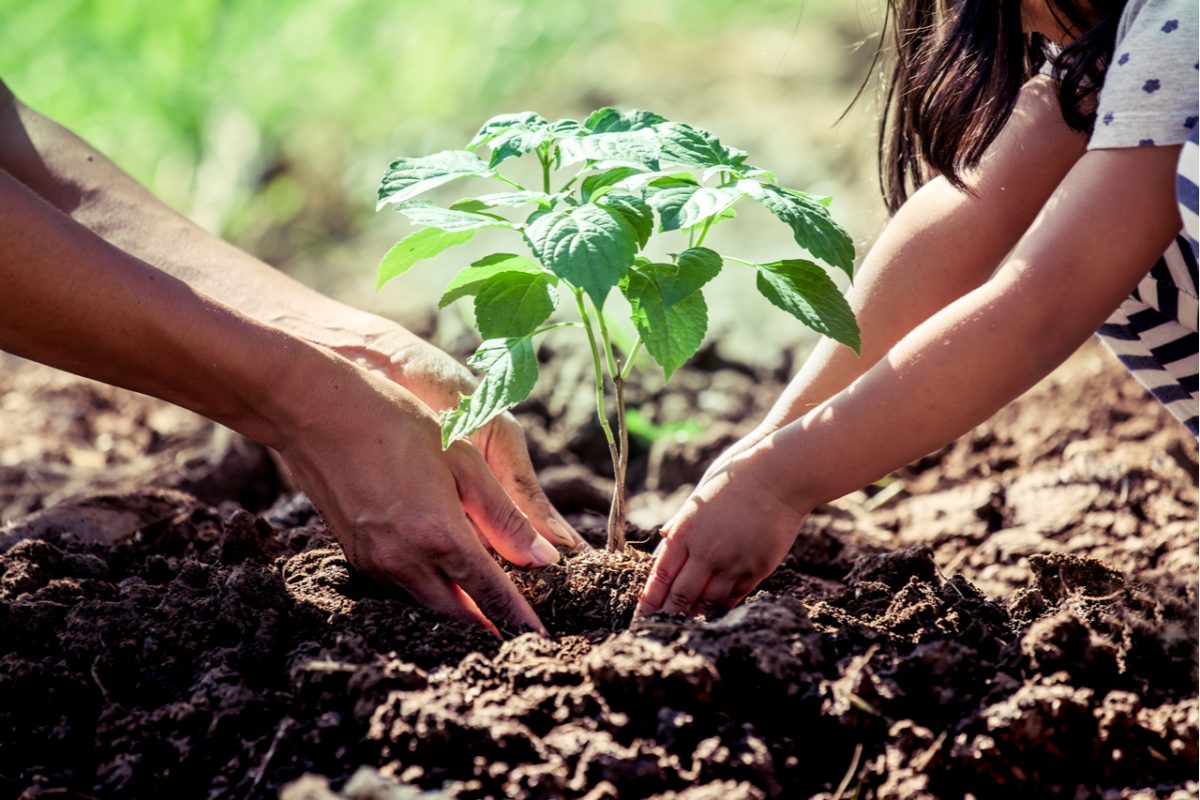World Environment Day: Why restoring ecosystems is important
Published on May 6, 2021 by Blackstone

Since 1974, World Environment Day has been celebrated annually on 5 June. It aims to engage governments, businesses, and people to address pressing environmental issues. This year, the theme is “ecosystems”.
An ecosystem is a community or group of live organisms that live in and interact with each other in a specific environment. From frozen tundra to diverse forests, ecosystems are important, but modern lives mean these environments are being degraded. According to the United Nations (UN):
- Every three seconds the world loses enough forest to cover a football pitch.
- Over the last century, we have destroyed half of our wetlands.
- We’ve already lost as much as 50% of our coral reefs.
This year marks the start of the UN Decade on Ecosystem Restoration. Over the next ten years, the UN aims to transform traditional approaches to economic growth while ensuring we protect the ecosystems we depend on for future generations to enjoy.
So, why is ecosystem protection important?
Ecosystem health affects the health of people and the planet
A range of organisms make up each ecosystem, and that includes people. As a result, harming the natural world can harm communities around the world. In addition, we rely on plants and other resources from these ecosystems for medicinal purposes, for example. Restoration of ecosystems can improve the health and wellbeing of people too.
Ecosystems are crucial for managing climate change
Limiting the impact of climate change is another focus of the UN. Ecosystems play an essential role in the climate and other sustainable goals. Encouraging forest regrowth, for example, can help reduce carbon dioxide. Embracing ecosystem restoration globally can help the world keep climate change below 2C above pre-industrial levels, above which scientist have warned of catastrophic change. On the other hand, changes in the climate can devastate ecosystems, so protecting them goes hand in hand with tackling climate change.
Restoring ecosystems is complex
While the UN’s initiative focuses on restoring ecosystems, protecting existing ones is also essential. However, restoration can be incredibly difficult as ecosystems are highly varied and complex. Restoration projects must be carefully planned to achieve the right results and avoid causing further degradation.
Ecosystem restoration is a global undertaking on a massive scale. It means repairing billions of hectares of land – an area greater than China or the USA – as well as bringing back plants and animals on the brink of extinction. While that can seem like an impossible task, it can be done, and even small steps in the right direction can have a positive impact.
What can you do to support ecosystem restoration?
1. Go green with your shopping
Simple switches when you’re shopping can help support ecosystems by choosing goods or services that are eco-friendly. There are many ways to do this, from opting for recyclable products to shopping local. With more businesses recognising the importance of sustainability, there are more options than ever before, whether you’re shopping for new clothes or electronics.
2. Reduce and reuse
During the pandemic, consumer spending fell as non-essential shops closed. While it’s presented challenges, it may have also highlighted the things you can do without. Cutting down on purchased goods can help to preserve ecosystems. Where possible, repairing and repurposing items, rather than throwing them away, is a step in the right direction too.
3. Review your grocery shopping
Don’t forget to look at your food shopping too. There are plenty of ways to make more sustainable choices when buying food. This may include opting for organic produce, as pesticides can harm freshwater ecosystems, eating less meat and dairy, or choosing seasonal fruit and vegetables to enjoy. If you’re green-fingered, growing your own produce is a great way to make your lifestyle more sustainable.
4. Improve your local ecosystem
Urban areas occupy less than 1% of the Earth’s land surface, but are home to more than half of the global population. As a result, urban areas are highly degraded and left unchecked we will lose even more wildlife habitat. However, there are ways to support nature in urban settings through micro-regeneration. Turning your garden into a haven for wildlife by adding pollinating plants and wild areas can ensure birds, insects and more have a home in our towns and cities too.
5. Support organisations that are working to restore ecosystems
There are numerous organisations around the world working to support and restore ecosystems that could benefit from your support. These could range from local groups to international charities. Whether you choose to lend your support by donating time to plant trees in your area or through offering a financial donation, it can add up to help reach the restoration goals set out for the next decade.

